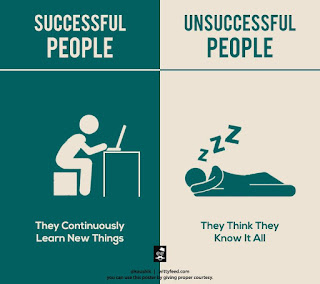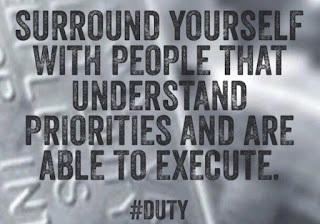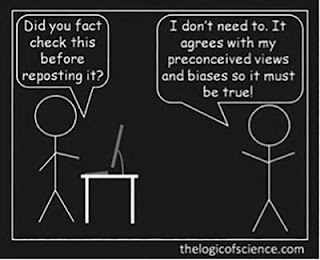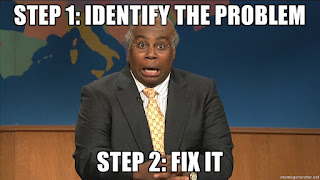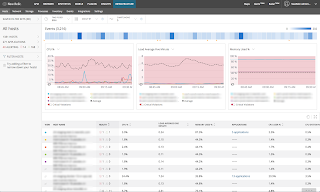Highly skilled people with appropriate experience, talent, and training are key to producing software that satisfies user needs on time and within the budget. The right people with insufficient tools, languages, and process will succeed. The wrong people (those with insufficient training, experience, or work ethic) with appropriate tools, languages, and process will probably fail. According to the Constructive Cost Model (
COCOMO), the best people are 4 times more productive than others. If the best people cost 4 times the salary, you break even and probably end up with a better product (
Great Designs Come From Great Designers). If they cost less, you reduce costs and have a better product. That's a win-win.
When interviewing prospective employees, remember that there is no substitute for quality. Companies often say, after interviewing two people, "Person x is better than person y, but person y is good enough and less expensive." You can't have an organization of all superstars, but, unless you have an overabundance of them now, hire them!
References:
Boehm, B., Software Engineering Economics, Englewood Cliffs, NJ: Prentice Hall, 1984.
Weinberg, G., The Psychology of Computer Programming, New York: Van Nostrand Reinhold, 1971.
 Alchemy: The Surprising Power of Ideas That Don't Make Sense by Rory Sutherland
Alchemy: The Surprising Power of Ideas That Don't Make Sense by Rory Sutherland